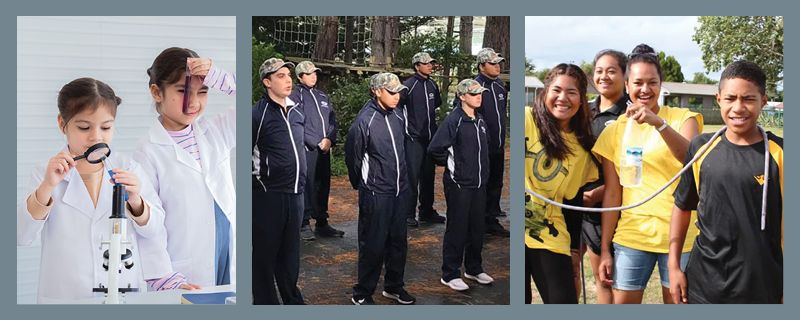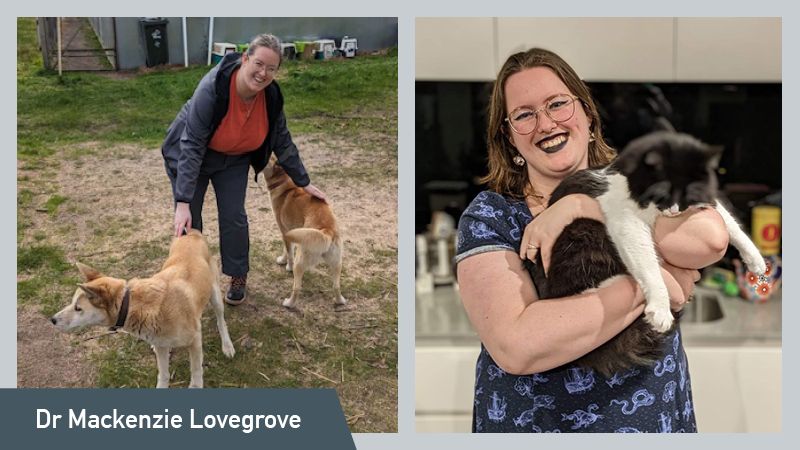|
When the laboratory Mackenzie was working in relocated to Melbourne, she followed suit and has been there since.
Last year she was offered a position as a field and molecular scientist at a company working with eDNA (environmental DNA) – the DNA fragments that all living organisms shed (this can be collected from various sources, and tested to see which species are present.)
“Traditionally, this has been done by sampling waterways, as water is a great aggregator of eDNA. My role, however, is to do research and development into how we might expand into getting eDNA from terrestrial (on land) spaces, and even the air itself.”
Mackenzie’s focus is on pests and diseases in agricultural crops, the aim being to be able to take eDNA samples and establish monitoring and surveillance systems. This is of special value, she explains, as it can be used as an early warning system to prevent loss of yield, or to indicate when spraying is needed, reducing the insecticide load needed.
Mackenzie thoroughly enjoys the fact her job involves a “great mixture” of both field and laboratory work, as well as the opportunity to attend industry and grower forums.
“I love being able to go see interesting animals out in nature, get crafty when designing new sampling equipment, and still get back to my roots by getting back in the lab. It’s really rewarding to be working to help growers and have a positive impact on the environment,” she enthuses.
While her early university days may seem a while ago, Mackenzie clearly remembers the value of receiving a BOP Education Scholarship.
“It really helped to have some extra funds when I was young, moving away from home, and busy adjusting to a more independent life, as well as learning so much new information,” she tells.
“I was the first person in my family to attend university, so, much of that was a learning process not only for myself, but my family also.”

Trust expands its community support
If you think science kits for kids sounds like a good idea, you’ll be pleased to know the BOP Education Trust has provided funding for just such a thing.
The Western and Eastern BOP House of Science organisations each received money to purchase such kits as part of the Trust’s latest round of supplementary grant funding.
A total of $32,000 was shared amongst that organisation, The Graeme Dingle Trust and Blue Light (Tauranga and Whakatane).
The grant to the Graeme Dingle Trust enables the participation of two students in Project K, a 14-month programme for selected students with low self-confidence. The programme focuses on building confidence, teaching life skills, promoting good health and encouraging a positive attitude.
Meanwhile the grant to Blue Light paid for 10 students to attend a life skills programme which has the goal of building self-esteem, confidence and resilience. It also focuses on key skills of problem solving, critical thinking, communication, decision-making, teamwork, and coping with stress and emotions.
The BOP Education Trust introduced its supplementary grants in 2021 as a way of expanding its community support. See the Trust’s website (under the grants tab) for more information about funding rounds, opportunities, and previous recipients.
|


